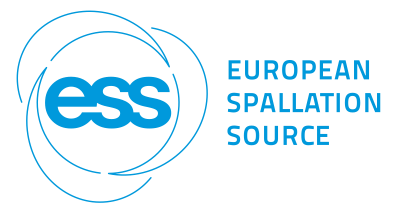Speaker
Mr
Christoph Weixelbaumer
(EBG MedAustron GmbH)
Description
MedAustron is a synchrotron based ion therapy and research center in Wiener Neustadt, Austria. The facility provides protons up to 250 MeV kinetic energy and carbon ions up to 400 MeV/n for clinical use. Furthermore protons up to 800 MeV will be available in a room dedicated to non-clinical research.
When operating the accelerator components and adjacent material become radioactive over time due to inevitable beam losses and dumps. Therefore samples of commonly used materials were positioned at known particle loss points to evaluate induced activity. The samples were analyzed with gamma spectroscopy and the results compared to predicted nuclide vectors weighted by the Austrian clearance limits. The nuclide vectors were obtained from simulations made with the ActiWiz software which utilizes a large amount of generic FLUKA Monte Carlo simulations. An assessment of feasible in-situ methods for clearance of (potential) radioactive materials on short time frames was done combining ActiWiz simulations and mathematical efficiency calculations to account for geometry effects.
This combination proved as a viable method for time sensitive clearance by mobile LaBr3(Ce) gamma spectrometer, or in rarer cases, by dose rate alone.
When operating the accelerator components and adjacent material become radioactive over time due to inevitable beam losses and dumps. Therefore samples of commonly used materials were positioned at known particle loss points to evaluate induced activity. The samples were analyzed with gamma spectroscopy and the results compared to predicted nuclide vectors weighted by the Austrian clearance limits. The nuclide vectors were obtained from simulations made with the ActiWiz software which utilizes a large amount of generic FLUKA Monte Carlo simulations. An assessment of feasible in-situ methods for clearance of (potential) radioactive materials on short time frames was done combining ActiWiz simulations and mathematical efficiency calculations to account for geometry effects.
This combination proved as a viable method for time sensitive clearance by mobile LaBr3(Ce) gamma spectrometer, or in rarer cases, by dose rate alone.
Author
Mr
Christoph Weixelbaumer
(EBG MedAustron GmbH)
Co-authors
Dr
Lukas Jägerhofer
(EBG Medaustron GmbH)
Mr
Michael Deutsch
(EBG MedAustron GmbH)
Mr
Ralf Wanzenböck
(EBG MedAustron GmbH)
